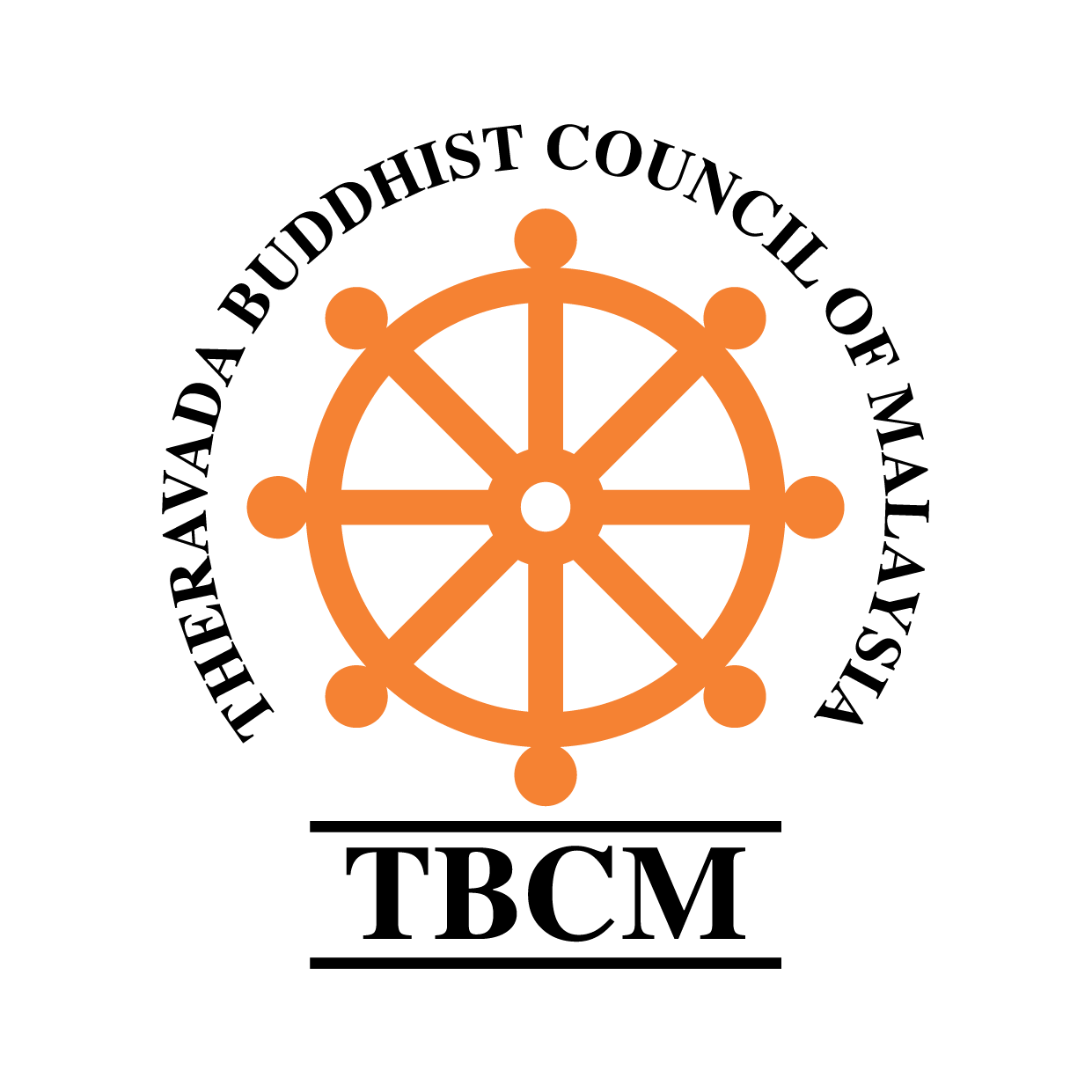Why did the Buddha allow monks to eat meat?
Why did the Buddha allow monks to eat meat?
The first and most important reason is that eating meat is not, in itself, considered blameworthy. The Buddha allowed monks to eat meat if they have not seen, heard or suspected that any living beings have been killed specifically to make the dish for them. In such a case, having made no direct contribution to the death of the creature, monks make no Kamma by consuming its flesh. The Buddha neither forbade monks from practicing vegetarianism nor did he praise it. His teachings on food focused on emphasizing the importance of eating easily digestible foods in moderation rather than on advocating any particular diet.
A second consideration underlying the Buddha’s attitude to vegetarianism in the Sangha is the long term welfare of the order itself. Monks are mendicants, dependent for all of their food needs on the generosity of householders; they are not allowed to grow, store or cook food; they may not pick fruit from trees. If the Sangha was to became restricted to areas in which it could rely on vegetarian donors, its influence for good in society would be unnecessarily limited. The spirit of mendicancy would also be betrayed if monks were to request particular foods from donors, rather than being grateful for whatever is offered to them in good faith.
There have always been monks who choose to be vegetarians. In the case that they are offered meat on almsround, these monks do not refuse to accept it. They express appreciation for the act of generosity, but pass the meat on to others who will eat it.
Ajahn Jayasaro
- Posted by CFFong


